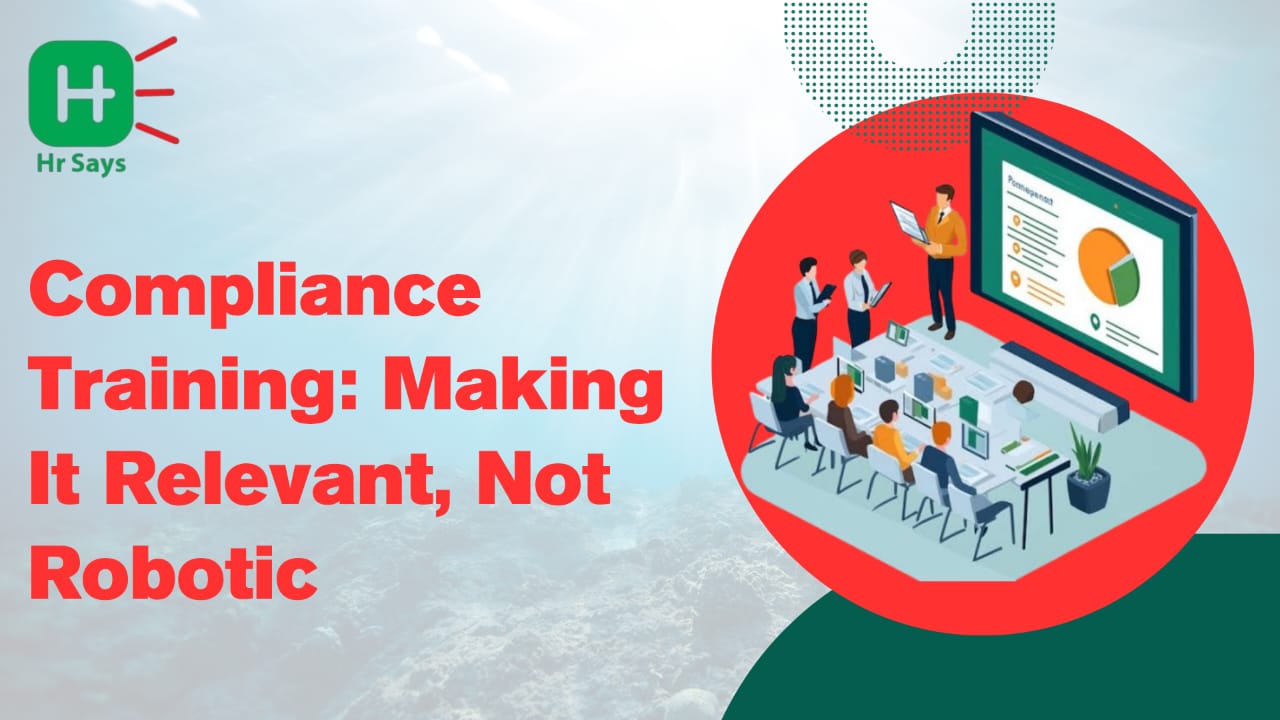What if every compliance session made sense—not just to tick a box, but to improve care? Sadly, most don't. They feel robotic. Predictable. But the consequences of poor compliance are anything but.
Why Compliance Still Feels Like a Script
Healthcare professionals don’t want to sit through another “read-and-sign” module. Yet, HIPAA compliance and NABH accreditation demand that they do.
The problem?
● Training is often outdated.
● Real context is missing.
● No one connects policy to patient care.
It starts to feel like a burden. Not a responsibility.
And in places like the US, EU, and GCC nations, where policies vary widely, the one-size-fits-all model breaks quickly.
Why It Has to Change
The world is moving fast. Medical innovation is touching everything—AI, robotics, telehealth. But compliance training? Still stuck in 2010.
The consequences of poor training aren’t abstract. They’re seen in data breaches. In unsafe practices. In patients losing trust.
To stay relevant, compliance needs to evolve.
It must serve health policy goals, support health equity, and align with universal health coverage goals.
What Relevant Compliance Training Looks Like
It feels human. Timely. And specific.
● Based on real scenarios: No more generic simulations. Use local cases, current threats,
recent audits.
● Short, digestible formats: Microlearning. 5-minute modules. Voice-over explainers. Keep
attention sharp.
● Role-based modules: What a nurse needs differs from what an admin staff member
needs.
● Regular refreshers: Quarterly updates—not yearly marathons. Because rules change.
● Cultural sensitivity: A healthcare assistant in Dubai doesn't face the same compliance
challenge as a radiologist in Berlin. And shouldn’t be trained the same way.
From Fear to Function
Many think compliance is about avoiding punishment. That’s part of it. But it’s not all. Done
right, it can:
● Improve team collaboration
● Protect patient privacy
● Prevent policy violations
● Support public health initiatives
● Boost NABH accreditation scores
● Build trust in systems
The goal isn’t just to pass audits. It’s to strengthen healthcare.
A Final Thought
In a world of rising complexity, compliance isn’t optional. But irrelevant training is dangerous.
Not just boring.
To support better outcomes, healthcare compliance must be rooted in today’s realities. Not
yesterday’s handbooks.
And that begins with training that feels human. Not robotic.

 When healthcare compliance becomes a checkbox activity, lives can be affected. Training must go beyond rules. It should speak to real-world care, public trust, and the systems meant to protect both.
When healthcare compliance becomes a checkbox activity, lives can be affected. Training must go beyond rules. It should speak to real-world care, public trust, and the systems meant to protect both.








.jpeg)
.jpeg)

.jpeg)





.jpeg)



.jpeg)

.jpeg)



